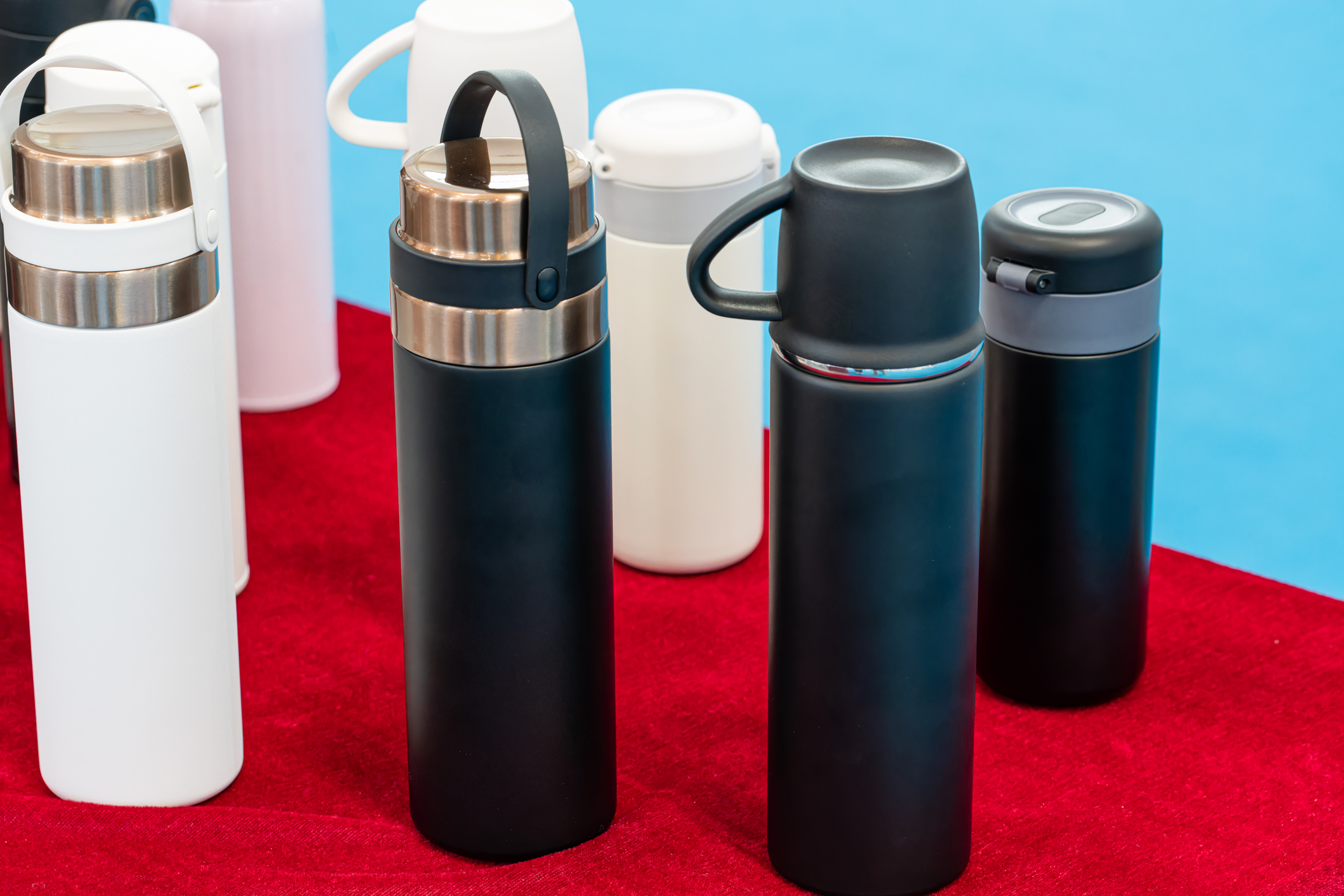
Too much of a good thing? The environmental downside of the “Stanley cup” craze.
Disposable cups are an environmental problem. But what about overconsumption of the reusable containers that are supposed to replace them?
Nearly all of America’s trash could be composted and recycled. But we’ve got a lot of work to do to get there.
Most of us put our recyclables out for collection. But it’s going to take more than individual action to deal with our trash problem. Only 24% of our trash actually gets recycled, and only 9% gets composted. We can do better. Together we can share information, resources and push our leaders to build a better recycling and composting system.
Disposable cups are an environmental problem. But what about overconsumption of the reusable containers that are supposed to replace them?
AUSTIN, Texas -- Environment America Research & Policy Center, U.S. PIRG Education Fund and Student PIRG sent 59,000 petitions and a letter signed by more than 40 state lawmakers Thursday to Whole Foods urging them to put planet over plastic.
Composting all organic waste -- including food scraps and yard trimmings -- could eliminate nearly one-third of all materials sent to landfills and trash incinerators across the United States. That’s according to Composting in America, a new report released today by U.S. PIRG Education Fund, Environment America Research and Policy Center and Frontier Group. The study outlines best practices for composting programs, which are critical for mitigating the negative impact of waste on the climate and public health.
